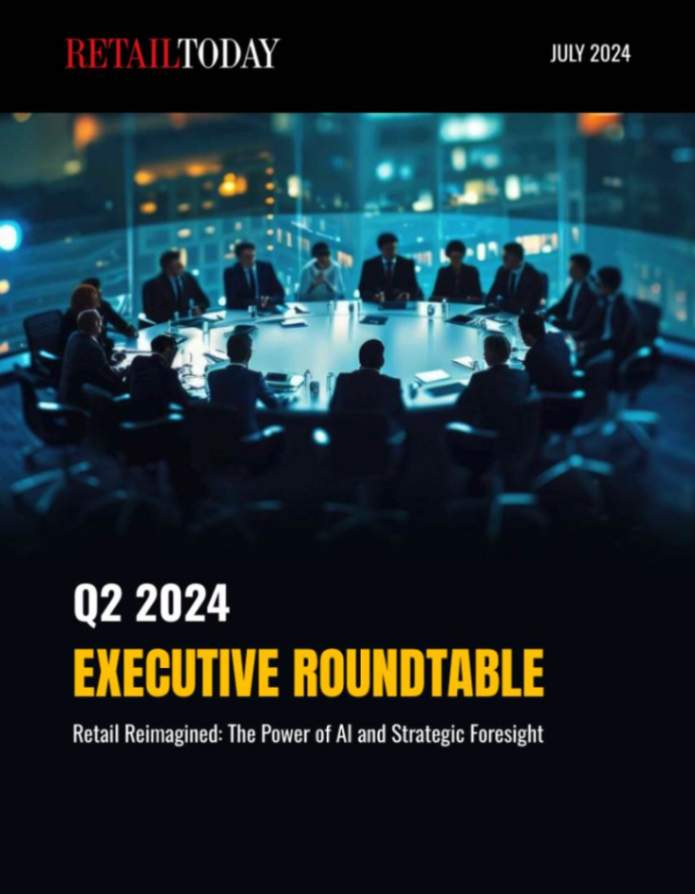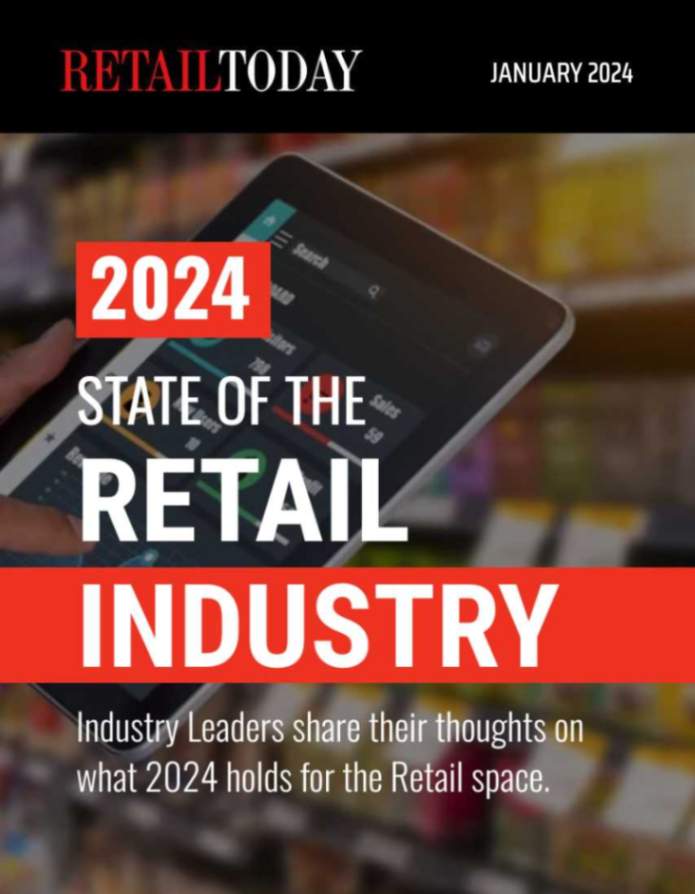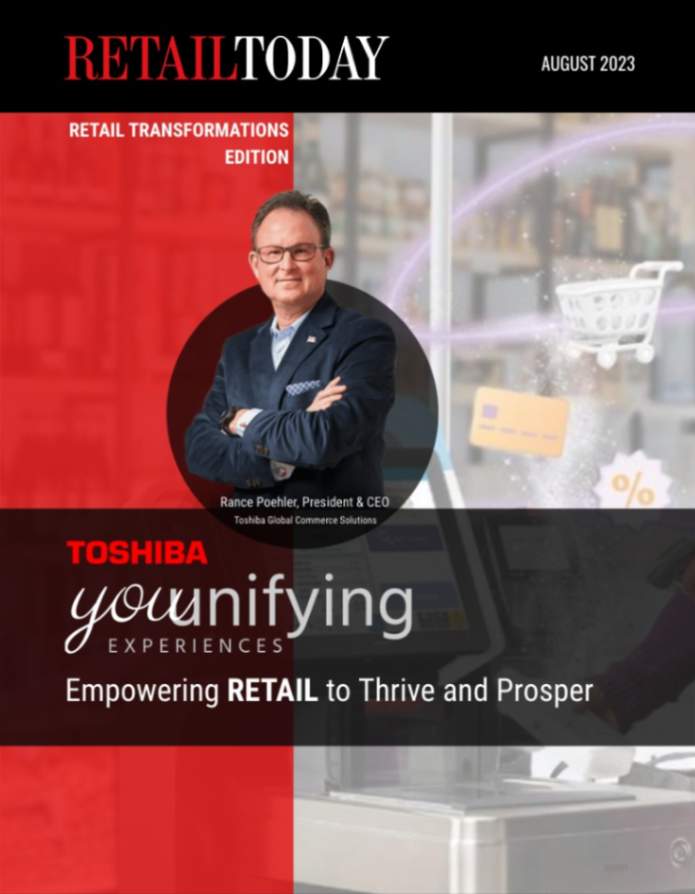
When was the last time you went to buy a car without knowledge about available models, options, or pricing? How many of your friends show up to a dealership with no prior research, let the talkative car salesperson ramble about their options, and drive off the lot with a new vehicle?
Yeah, I thought so. That is simply not the world we live in today.
Looking at the influence of ecommerce, we’re in the era of self-education. Shoppers are more informed, influenced, and decisive than ever before. We’ve seen it trickle through the retail industry: shoppers will walk out of Best Buy after only three minutes with a new TV because they knew the exact SKU before they even stepped inside, or purchase a new home only after researching the market online and watching a virtual tour.
The pandemic ushered in this new way of shopping—pushing consumers online for almost every type of product (e.g. from inexpensive commodity products to expensive luxury brands). Many might expect self-education on large dollar items, but the wave of those researching everyday items has also increased drastically.
Although most self-education happens online, people still enjoy engaging and shopping in person. But now, consumers don’t rely on the in-store experience offerings to choose between products—they’ll often know the brands that are offering the best value for their dollar prior to the visit. In the past, shoppers made purchase decisions based on shelf presence and price. But now? It’s a DOA situation if brands don’t adopt the open-book approach—allowing shoppers to easily inform themselves within the virtual world.
We like to call this new trend the Amazon Effect. Whether an item is $10,000 or $10, shoppers now have (and demand) the ability, availability, and awareness to consider all competitors—side by side, tab by tab. If the brand isn’t completely set up to provide a frictionless self-education process, it’ll never qualify for the selection process.
Well, I should say deselection—not selection—is how shoppers now make their add-to-cart decisions, all based on these key factors.
Relevant Ratings & Reviews. Shoppers will deselect products from their option pool in an instant if online reviews are low-scoring, stale, or trivial. In the ecomm space, 5-star, verified-purchase reviews are key. According to Field Agent’s study of 1,174 real shoppers in February 2022, more than 90% said product reviews are influential over their online purchases. Don’t believe me? Think of how many times you filter by only 4+ star reviews when searching for products on Amazon.
High-quality Photos & Videos. Shoppers still expect an in-person experience when shopping online. With multiple photos of the product and videos exploring every angle, shoppers hope to obtain as much reality without having the tactile product in hand. Over 65% percent of the general population are visual learners—which makes every photo and video on the brand’s product page invaluable.
Valuable Content and SEO across all product pages. The final sway in the deselection process comes from the ability to find the specific product through search-engine optimization through strategic content within the product page. It’s here that the selection process has been narrowed down from a few hundred to just a few competitors based on value or service offerings.
In the B2B space, we are now starting to hear from our customers that they expect the same shopping experience when looking for B2B services and products. To get ahead of the Amazon Effect, we encourage brands, restaurants, wholesalers, and retailers to consider the shopper’s expectations in this new, self-educating, self-selection era. Outperform your competitors by integrating quality reviews, visuals, and content into every product’s online presence.
Rick West is the CEO and Co-Founder of Field Agent, a global retail solutions company and Plum, a product-led retail marketplace.
Prior to founding these companies, Rick worked 16 years internationally with Procter & Gamble. Since leaving P&G, he has been a start-up Entrepreneur for over 20 years.
Rick is a member of the global Endeavor Entrepreneur network and has co-founded multiple start-ups, including the Northstar Partnering Group, CORE4 Research, JOYN, Field Agent, and most recently, Plum.







